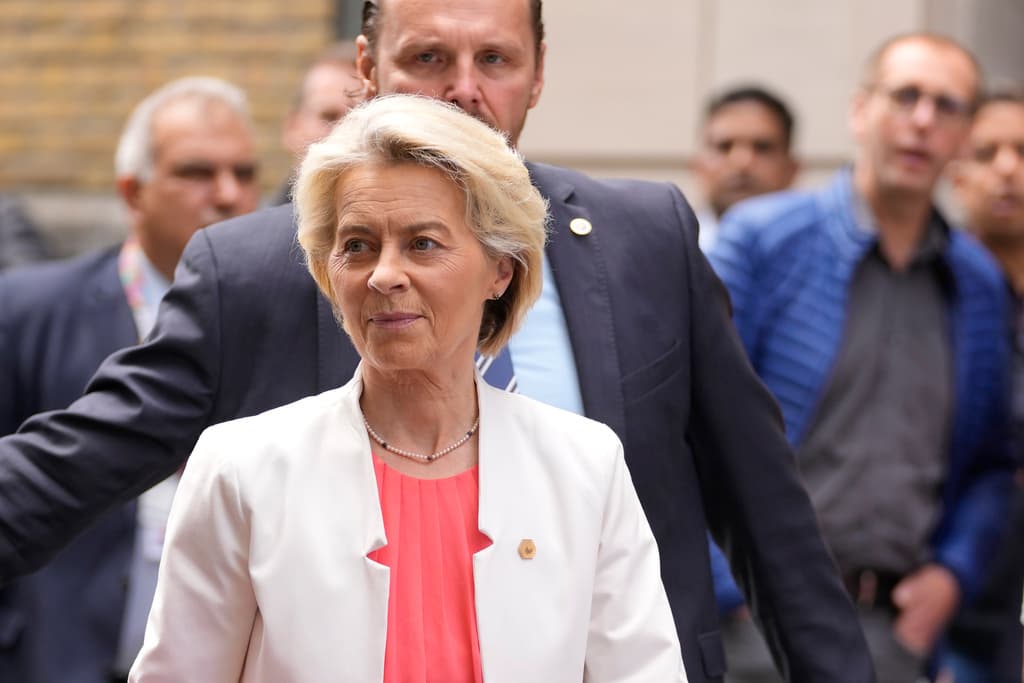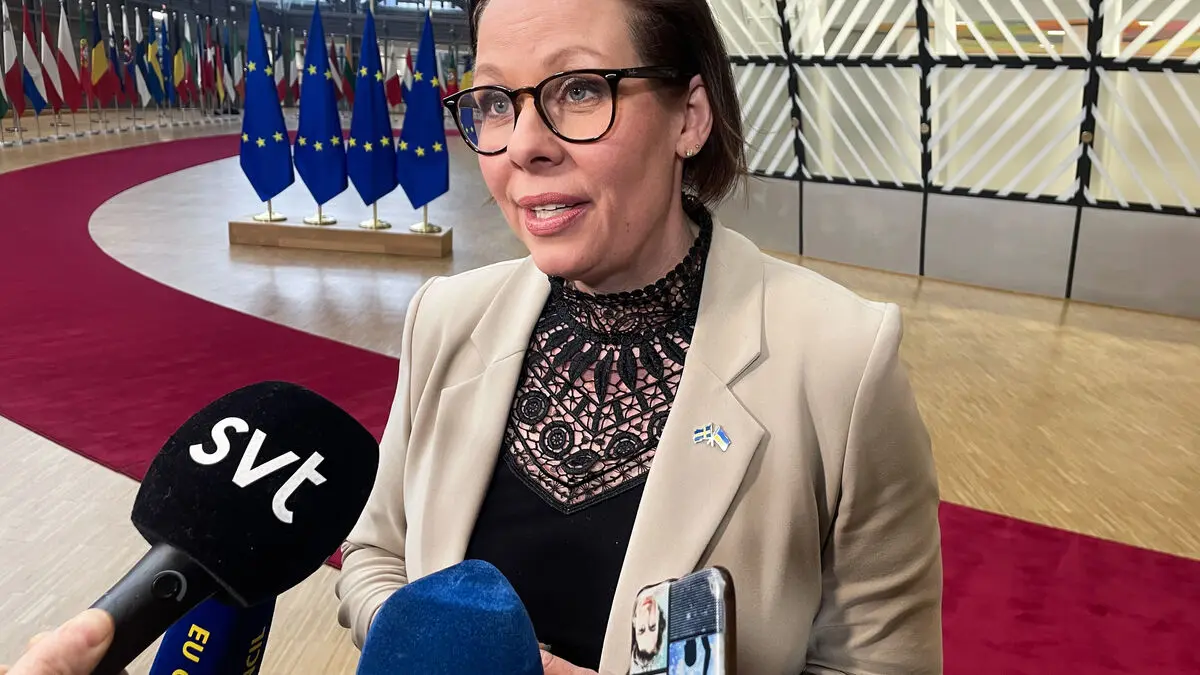The EU negotiators are in agreement to propose Ursula von der Leyen for five years as the chair of the EU Commission.
However, she can still be stopped by the EU Parliament.
Discussions have been ongoing in principle since the EU election between negotiators from the three middle groups in EU politics: the Christian Democratic EPP, the Social Democratic S&D, and the Liberal RE.
According to the newspaper Frankfurter Allgemeine (FAZ) and several other German media outlets, sources with insight into the negotiations report that a final agreement is now in place ahead of this week's EU summit in Brussels.
In addition to von der Leyen as Commission chair, Portugal's Social Democratic former Prime Minister António Costa is proposed as Council chair, while Estonia's Liberal Prime Minister Kaja Kallas is nominated as the new foreign policy chief.
A good decision, it reflects the will of the voters, says Friedrich Merz, party leader of the German EPP party CDU, according to the news agency AFP.
Hungary's Prime Minister Viktor Orbán is, on the other hand, dissatisfied.
"The EPP's agreement with the left and liberals goes against everything the EU was founded on", Orbán sneers on X.
Tough in Parliament
Despite Hungary's opposition, it is unlikely to be difficult to approve the proposed trio at the summit. At least 15 of the 27 EU countries and 55 per cent of the population must support it. No country has a veto.
However, for von der Leyen to actually get the job, the EU Parliament must also accept her. And that is a much more uncertain situation.
At least 361 of the 720 MEPs must vote in favour. Although EPP, S&D, and RE have secured the necessary number on paper, it is far from certain that all will vote along party lines. For example, French MEPs in EPP and Irish MEPs in RE have already announced that they will not support von der Leyen.
Delayed until Autumn?
A vote on her in the EU Parliament is provisionally scheduled for 18 July. However, it may be postponed until September if further negotiations are needed to secure a majority.
The post of Commission chair is the most important to be filled after the EU election in June. The EU Commission, with over 30,000 employees, proposes legislation and monitors compliance with treaties.
After the EU election, the EU heads of state and government have the task of nominating the next Commission chair (for five years) based on the election result. At the same time, they also nominate a new foreign policy chief (also for five years) and a new Council chair for their own summits (for 2.5 years, with the possibility of an extension).
Regardless of what the heads of state and government say – and when they do – the appointment of the Commission chair must also be approved by an absolute majority, at least 361 votes, in the EU Parliament. This can happen at the earliest in mid-July.
The foreign policy chief also needs to be approved by the EU Parliament, after hearings in the autumn, while the Council chair is appointed internally by the heads of state and government.






